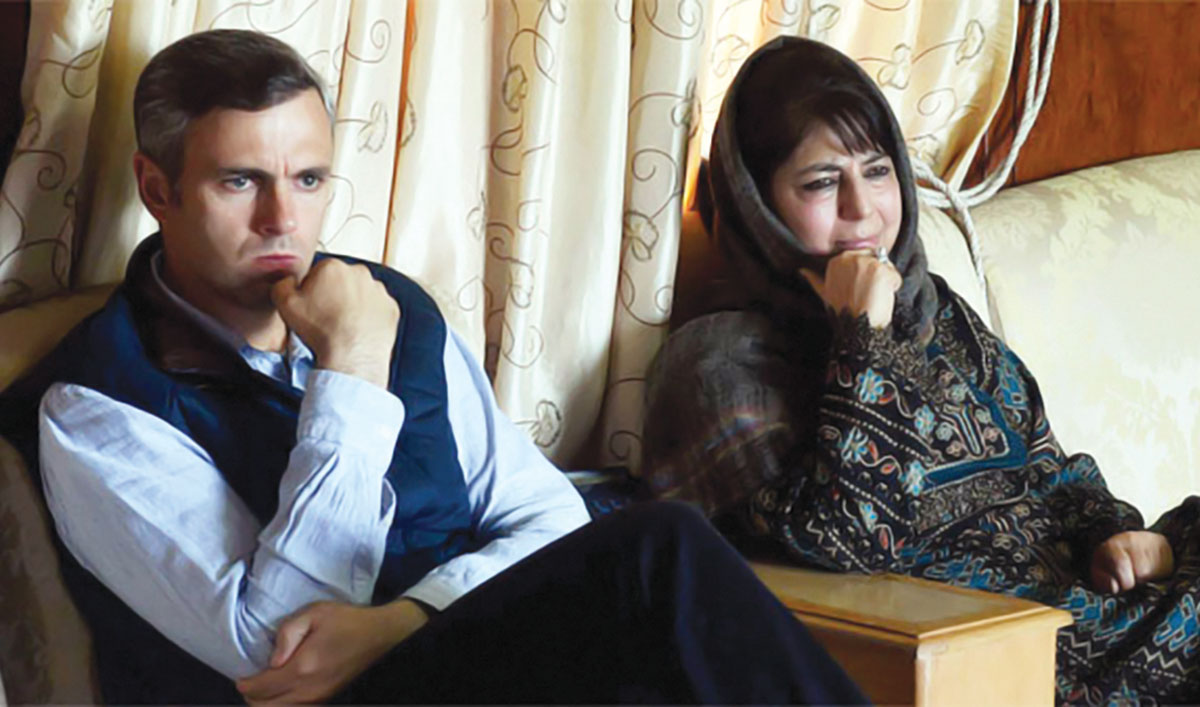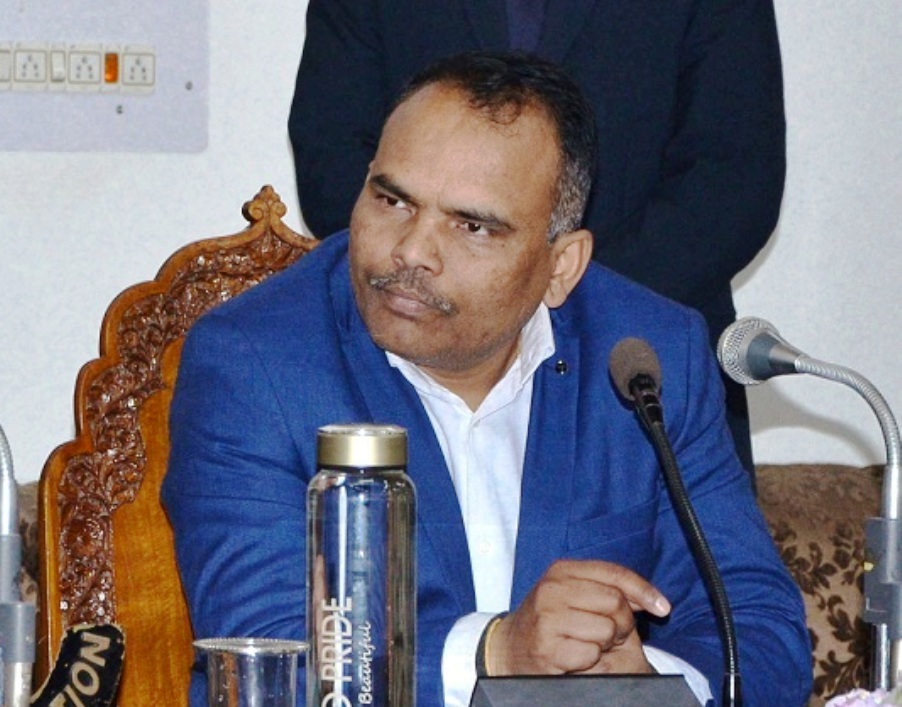by Anzar Ul Aijaz
Although drug addiction is a psychological ailment, its causation and treatment involve social dimensions as well. It is the collective responsibility of each one of us to address this challenge.
Drug addiction once a far-off issue, has now significantly affected Kashmir. Surveys carried out by various agencies draw a grim picture of drug abuse in Kashmir.
A survey carried out by the Institute of Mental Health and Neurosciences (IMHANS) in Srinagar has revealed that Jammu and Kashmir has even surpassed Punjab in substance abuse. The study has estimated substance abuse prevalence in Kashmir to be 2.87 per cent.. But how did it all happen within a span of a few decades? Who is responsible for it?
To know the answer, we first need to know what drug addiction is. Drug addiction is a chronic, compulsive and treatable psychological disorder, which affects the functioning of the brain. A person may initially use and/or abuse drugs voluntarily. But once he becomes dependent on them, he is not able to give up them despite knowing the harmful consequences.
But what makes a person go for drugs?
There are several reasons why a person initially falls for drugs. Lack of emotional support by the parents and family may lead a person to look for it elsewhere which most of the times result in the person being involved in a bad company and eventually into drug addiction.
Poor stress management and inability to cope with struggles, and hardships can lead a person to substance abuse. Inadequate availability of recreational facilities can also push a person towards drug addiction. Moreover, a lack of technical and life skills, especially among youth, resulting in unemployment may further fuel drug addiction.
Easy access to psychotropic substances in the market and potential availability over-the-counter play a significant role. Media also has a very negative influence on people, especially on the youth, as media content portrays substance abuse as desirable and ‘cool’ behaviour, hence exerting a detrimental influence.
Wrong social modelling, curiosity, violence, child abuse, and various structural dysfunctions also contribute to this menace.
Now the question arises: what has caused the increase in drug addiction in Kashmir?
While there are many answers to this question, I have realised that, to some extent, each member of our society bears a degree of responsibility for this issue. Although drug addiction is a psychological ailment, its causation and treatment involve social dimensions as well. It is the collective responsibility of each one of us to address this challenge.
In A State of Denial
Our society for a long time was in a state of denial. We did not accept that there was drug addiction in our Valley until we became the most affected region across the country.
Moreover, the denial to accept drug addiction as a disease and the persons involved in it as patients. We failed to recognise the substance abusers as humans, who deserve dignity and emotional support.
When someone gets involved in drug addiction, it is our responsibility to help them with treatment, and rehabilitation, and provide vital emotional support. Unfortunately, on the contrary, we stigmatise them and label them, which further adds to their psychosocial sufferings. Rather than understanding that drug abuse is a disease influenced by biological, psychological, and social factors, we sometimes advocate punitive measures without realising that proper psychiatric consultation, counselling, rehabilitation, and support can play a crucial role.
Our negligence makes them feel excluded from the society. This worsens the situation and eventually leads them to dissatisfaction. The feeling of worthlessness and fear of denial ultimately lead to crimes and suicides
Detect Signs
The need of the hour is that we wake up and realise our roles and responsibilities, instead of blaming each other. We must be aware of the alarming signs of drug addiction in the emotions and behaviour of a person to identify it in its early phase and seek proper support and consultation. Know when, where and how to refer, and work collectively to curb this menace.
Drug addiction can be treated as well as prevented only by employing an integrated approach. We must accept and acknowledge that it is not only the responsibility of the psychiatrists, counsellors, and authorities but ours too. We often let it go unnoticed and become conscious only when some unfortunate incident happens. We must change our attitude and come together to eradicate it before it destroys our future.
(The author is pursuing a Master’s in Social Work at the University of Kashmir. Ideas are personal.)















